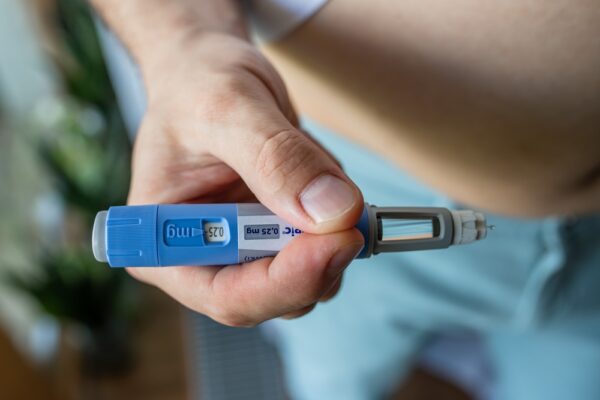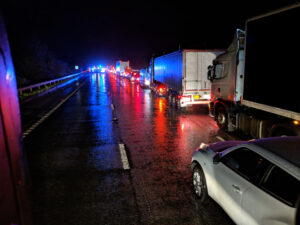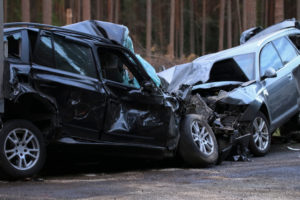There are many serious consequences to driving under the influence of drugs or alcohol, for the drivers, the victims, and in certain circumstances, bars and alcohol retailers that are held accountable for injuries caused by an intoxicated customer.
The term “dram shop” dates back to 18th Century England, where establishments sold gin by the spoonful, or dram. Dram lawsuits are civil actions that allow DUI victims or their families to hold bars, restaurants, or alcohol vendors accountable for monetary damages.
Currently 43 states and the District of Columbia have some sort of dram shop law. The states without such laws include:
- Delaware
- Kansas
- Louisiana
- Maryland
- Nebraska
- South Dakota
- Virginia
Types of Dram Shop Cases
There are two main types of dram shop cases:
- First party dram shop cases, in which the injured plaintiff is the person who was sold the alcohol. Some states explicitly bar first party dram shop cases, which are difficult to win because jurors tend to hold people responsible for their own actions, unless the party is a minor.
- Third party dram shop cases, when an injured person is someone other than the drunk driver. For example, if someone who got drunk at a bar hits you, you may have a third party dram shop case against the bar.
Proving Fault in a Dram Case
Because it is nearly impossible for a bartender to know a patron’s tolerance for alcohol, if he was intoxicated before entering the establishment, or whether he was even driving a car, proving fault in a dram case can be quite difficult.
Not all dram shop laws are the same, but most include an application of the “obvious intoxication test,” which determines whether a retailer knew or should have known a patron was so intoxicated that providing more alcohol would cause a danger to him or others.

The Legal Examiner and our Affiliate Network strive to be the place you look to for news, context, and more, wherever your life intersects with the law.













Comments for this article are closed.